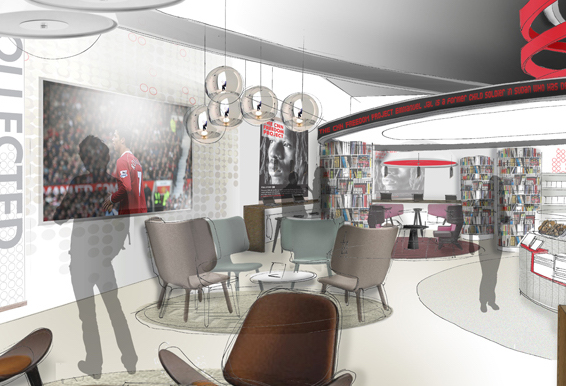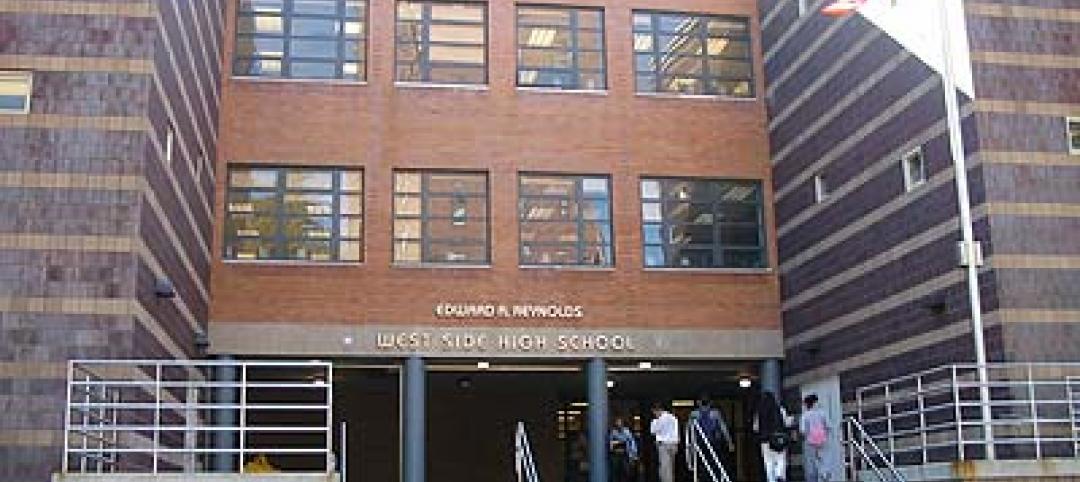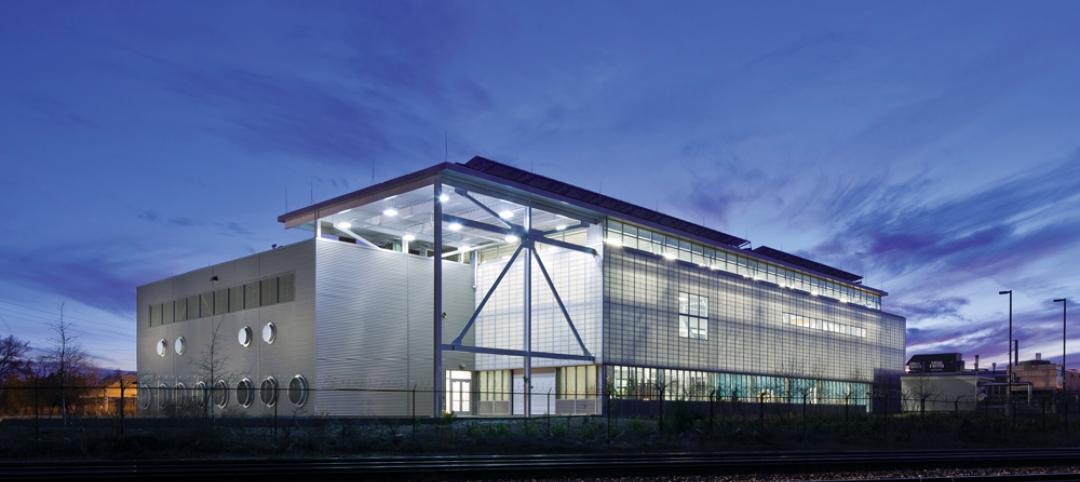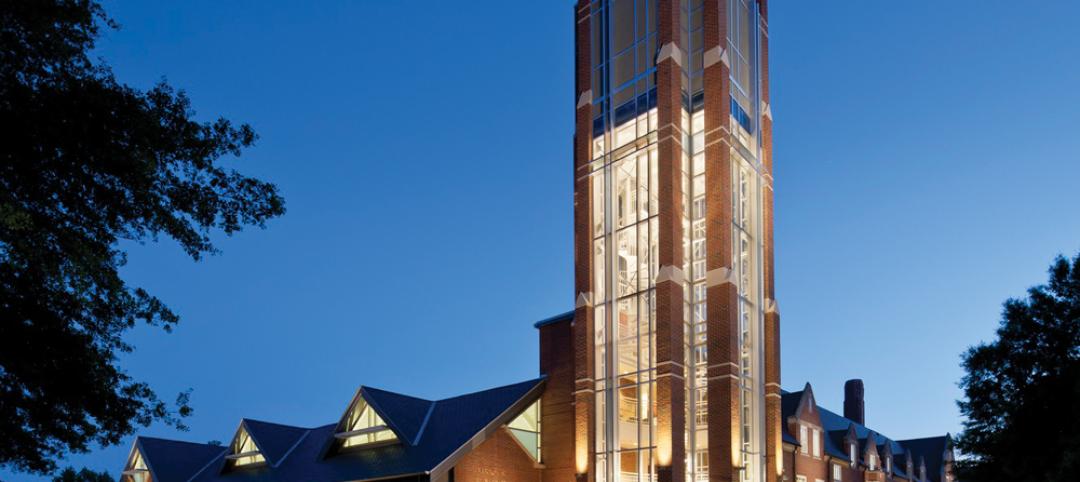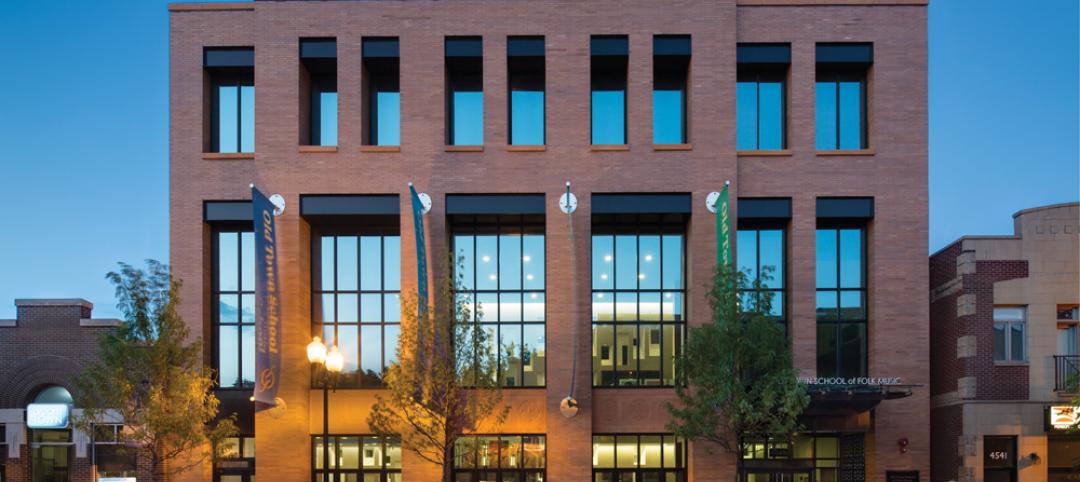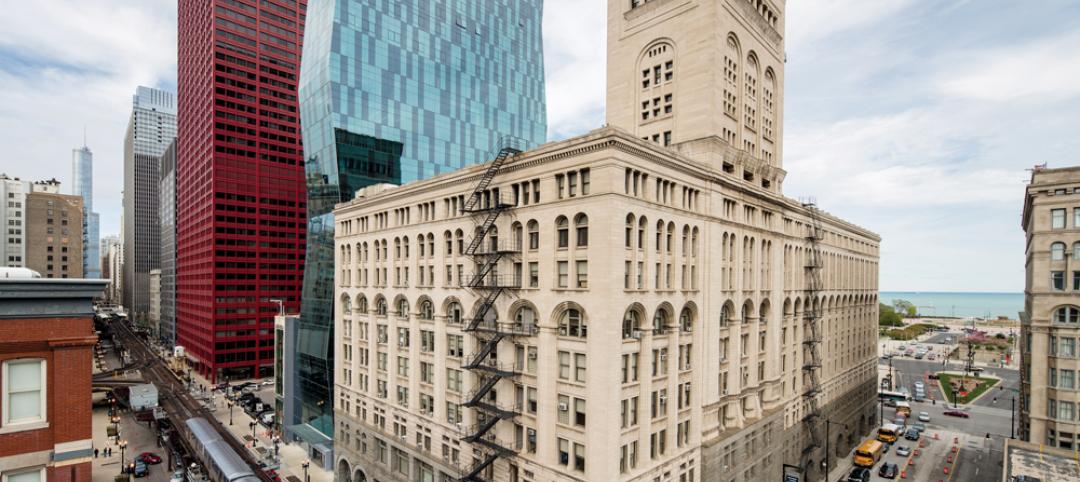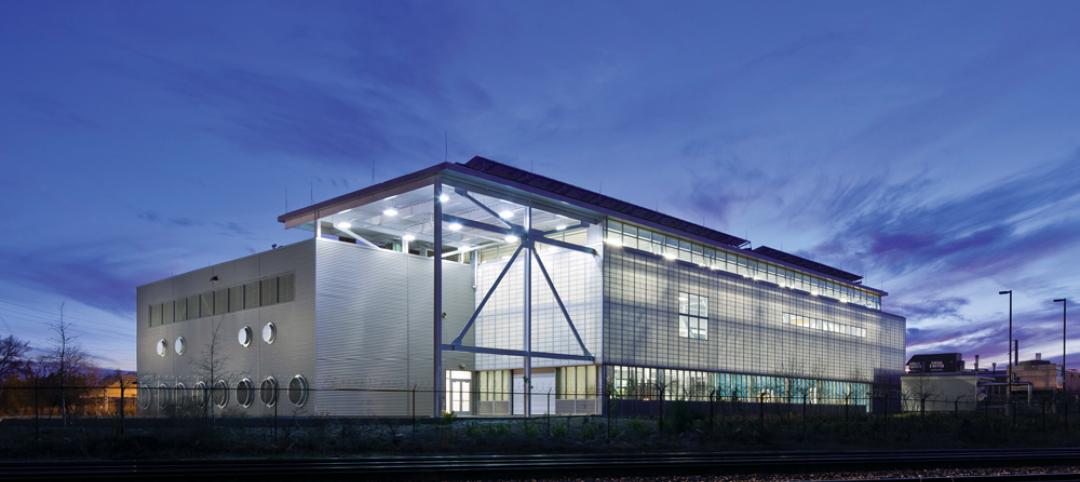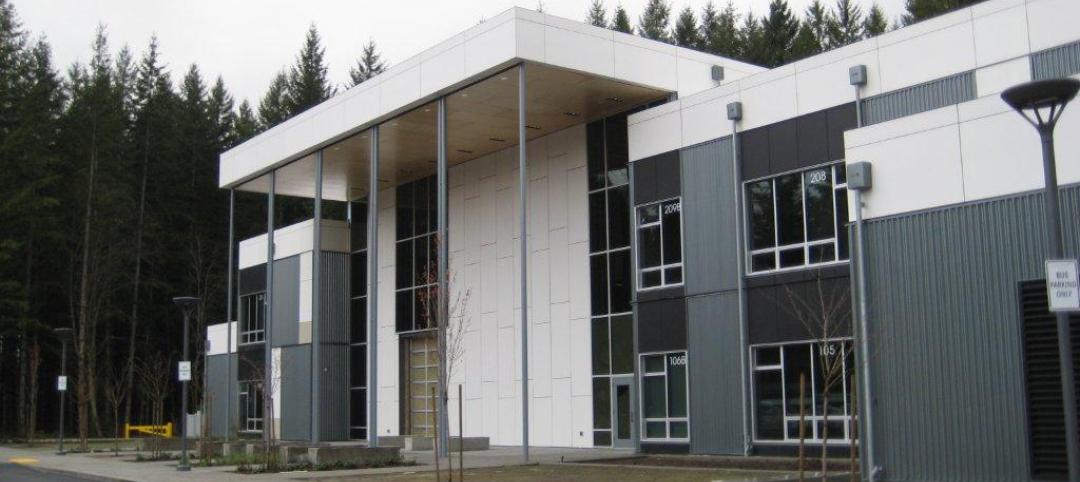Global architecture and design firm Perkins+Will announced today that it has acquired the London-based branding, retail strategy, and design consultancy Portland Design Associates.
Portland, whose clients include British Land, Heathrow Airport, St. Pancras International, Diageo, HMS Host, CNN, and TDIC, is best known for crafting brand and retail strategies that “future proof” their clients’ business by anticipating changes in how customers shop in, and interact with, places.
Portland will become the latest creative services business to join the Perkins+Will group of companies. While Portland will maintain its own brand and operate as an independent entity, the two enterprises will work closely together to deliver “future-proofing” insights to clients. This includes a mix of physical and digital brand experiences for projects ranging from retail, entertainment, and mixed-use to transportation and urban regeneration.
“Our clients will benefit from Portland’s consumer insights, creativity, and strategic thinking, and Portland’s clients will benefit from Perkins+Will’s global reach and broad architectural, design, and planning expertise,” says Perkins+Will President and CEO Phil Harrison.
While Perkins+Will has already engaged Portland as a strategy consultant on various projects in the past, the permanent union of the two companies will strengthen and expand both of their service offerings. It will also allow Portland to work closely with Perkins+Will’s Branded Environments practice to service a greater number of clients globally.
Founded in 1987, Portland and its 40 employees have been under Ibrahim’s leadership since 2007. Ibrahim will continue to serve as Managing Director.
Related Stories
| Jun 13, 2013
AIA partners with industry groups to launch $30,000 'Designing Recovery' design competition
The program will award a total of $30,000 to three winning designs, divided equally between three locations: Joplin, Mo., New Orleans, and New York.
| Jun 12, 2013
More than 90% of New York City schools have code violations
More than 90% of New York City schools have at least one outstanding building code violation. Loose wires, stuck doors and inadequate ventilation are just some of the problems.
| Jun 12, 2013
5 building projects that put the 'team' in teamwork
The winners of the 2013 Building Team Awards show that great buildings cannot be built without the successful collaboration of the Building Team.
| Jun 12, 2013
Sacred synergy achieves goals for religious education [2013 Building Team Award winner]
A renovation/addition project at Columbia Theological Seminary unites a historic residence hall with a modern classroom facility.
| Jun 12, 2013
‘Talking’ Braille maps help the visual impaired
Talking pen technology, combined with tactile maps, allows blind people to more easily make their way around BART stations in the Bay Area.
| Jun 11, 2013
Music/dance building supports sweet harmony [2013 Building Team Award winner]
A LEED Gold project enhances a busy Chicago neighborhood, meeting ambitious criteria for acoustical design and adaptability.
| Jun 11, 2013
Vertical urban campus fills a tall order [2013 Building Team Award winner]
Roosevelt University builds a 32-story tower to satisfy students’ needs for housing, instruction, and recreation.
| Jun 11, 2013
Building a better box: High-bay lab aims for net-zero [2013 Building Team Award winner]
Building Team cooperation and expertise help Georgia Tech create a LEED Platinum building for energy science.
| Jun 11, 2013
Finnish elevator technology could facilitate supertall building design
KONE Corporation has announced a new elevator technology that could make it possible for supertall buildings to reach new heights by eliminating several problems of existing elevator technology. The firm's new UltraRope hoisting system uses a rope with a carbon-fiber core and high-friction coating, rather than conventional steel rope.
| Jun 10, 2013
Lake Washington STEM school combines modular and site-built construction to meet ambitious schedule
When the Lake Washington School District outside Seattle needed a new high school built on an ambitious permitting and construction schedule of seven months, modular construction proved to be an ideal solution.


